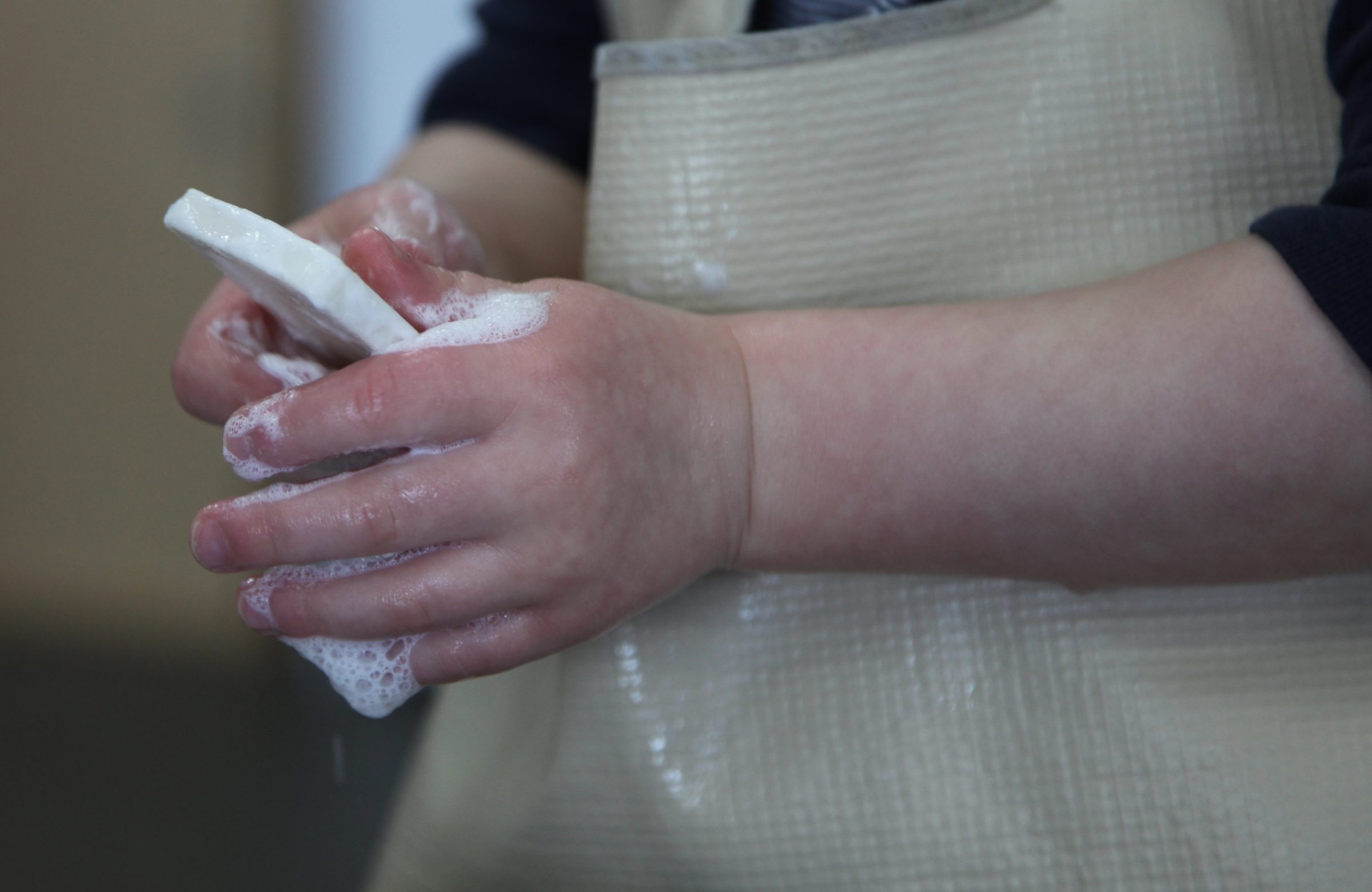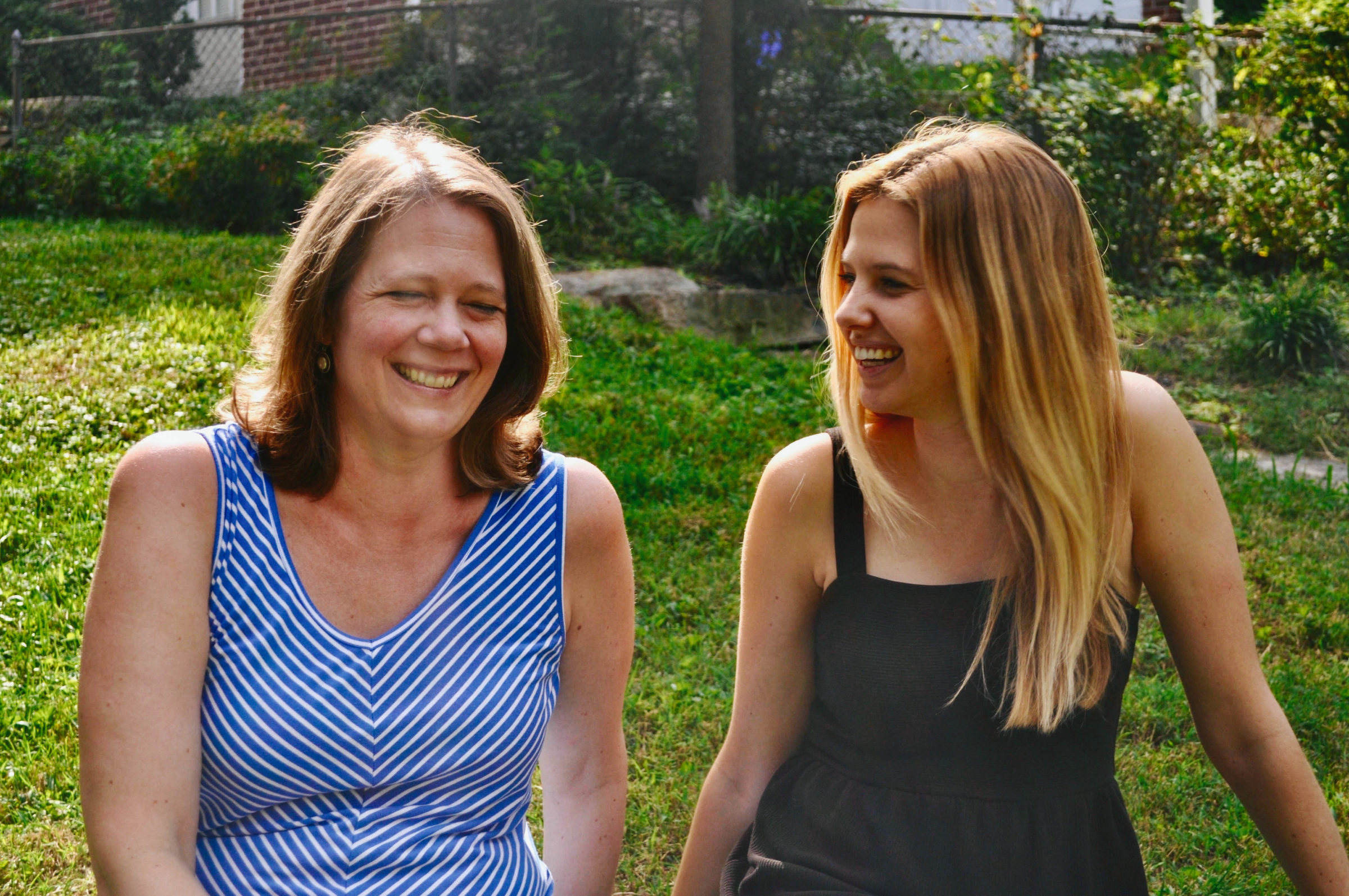Should in Montessori
Podcasts
This post is also available as a Podcast. Subscribe on iTunes or scroll to the bottom to listen.
We have this idea of “should.” You should be reading by now. You should be doing bigger work. This should be easy.
Should gets in the way of what is. Should is external, it’s judgemental, it holds us back.
A child came in and immediately chose polishing. Yes, there was concentration and stillness and immense satisfaction, but this child has been polishing for two years now. She should be doing bigger work. Sigh.
It’s Monday morning. When children come in and choose what my judgement deems “easy,” I have to carefully examine the use. Is there concentration? Is this child working, or hiding behind a guise of work? Sometimes, particularly in the morning, or after something big and challenging, a child will choose something I judge as “easy” and I think of it as that morning coffee, or checking the news, or a simple crossword puzzle. Maybe it doesn’t challenge my brain so much as wake up my brain. It’s easing into my day; it’s my warm-up.

Okay, so go ahead with that “easy” work, but I’m expecting something big next.
So when this child gleefully puts away her brass duck and then proceeds to begin cloth-washing, my judgements come flooding in.
More easy work?! I’m going to ask this child to put that away and choose some real work. This child is clearly just avoiding challenging herself. Yes, it’s the beginning of the year and we’re doubling-down on “rules and procedures” so May does roll around and we find ourselves still working on rolling rugs, but it’s time for some work, not polishing and washing cloths for this confident and able five-year-old.
“Should gets in the way of what is.”
I’ve been doing this long enough to be humbled by the children. I haven’t yet learned to do away with that judgemental impulse completely, but I have learned to tell it to pipe down for a minute so I can Follow the Child.
Maria Montessori tells us not to intervene when the impulse is good. This child isn’t avoiding work, or hiding behind something easy, this child is concentrating and working vigorously with these materials. I can guide her next work choice but this isn’t really a time to interrupt.
Then it strikes me — polishing then washing cloths. She dirtied a cloth and then she cleaned it and cleaned the rest of the cloths at the same time. This wasn’t one easy work following another, this was one continuous big work, a big Care of the Environment.

We’re very careful that the work we provide for the children be true-to-life. This child was making dinner AND washing the dishes, pulling weeds AND mowing the lawn. This is the most real-life preparation that there is! This is the education of the Whole Child. When I correct the “good” impulse, I am questioning the child’s judgement. The child learns to distrust herself, to be sneaky. There are huge consequences here.
On the other hand, this is not to say anything goes. Just because I wash up after myself and I’m making a cake for a friend (seeing a task through to the end and a good impulse) doesn’t mean I should bake 10 cakes. I’ve been known to bake a cake to avoid vacuuming, or meal prep, or exercise, or any other task that really needs to be done. This is that “following a child… off a cliff,” and is a time when the impulse needs to be stopped. It’s a careful balance, and it’s our responsibility to walk this tightrope of freedom and discipline, permissive and should, “off a cliff” and my own judgement.
It seems to always hold true, no matter how many times I need to learn the lesson — the children will always show us what they need.
Written by:
Charlotte Snyder




